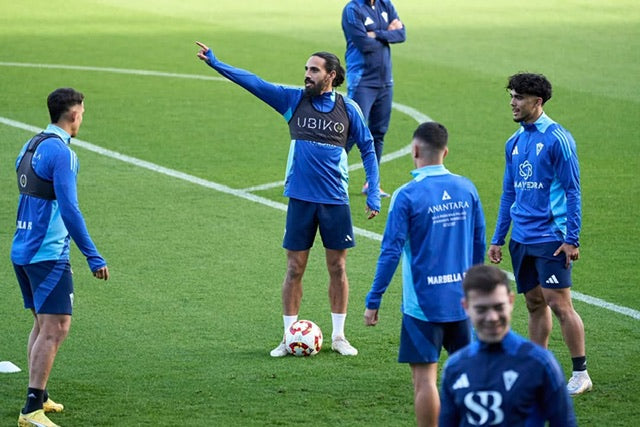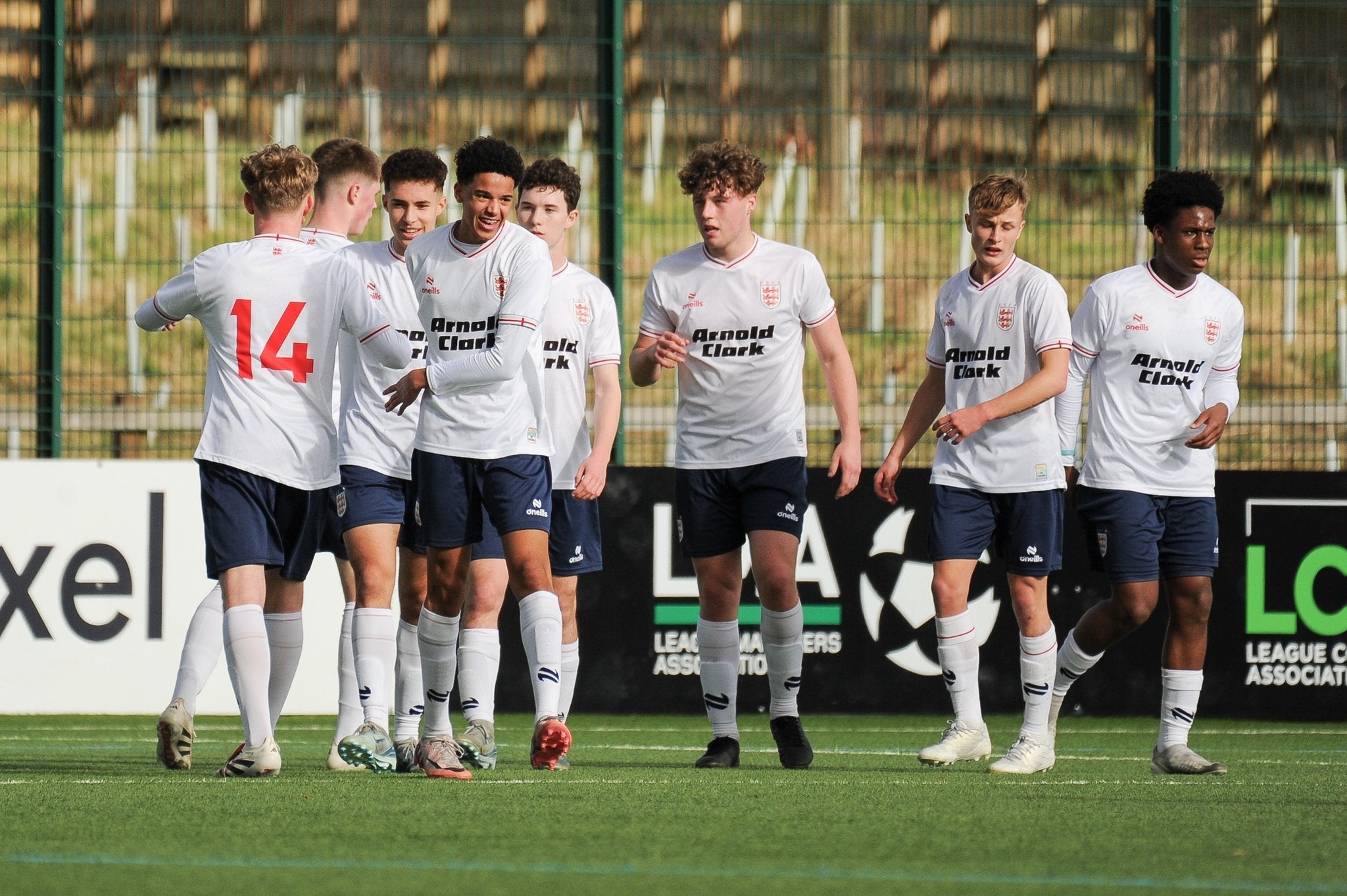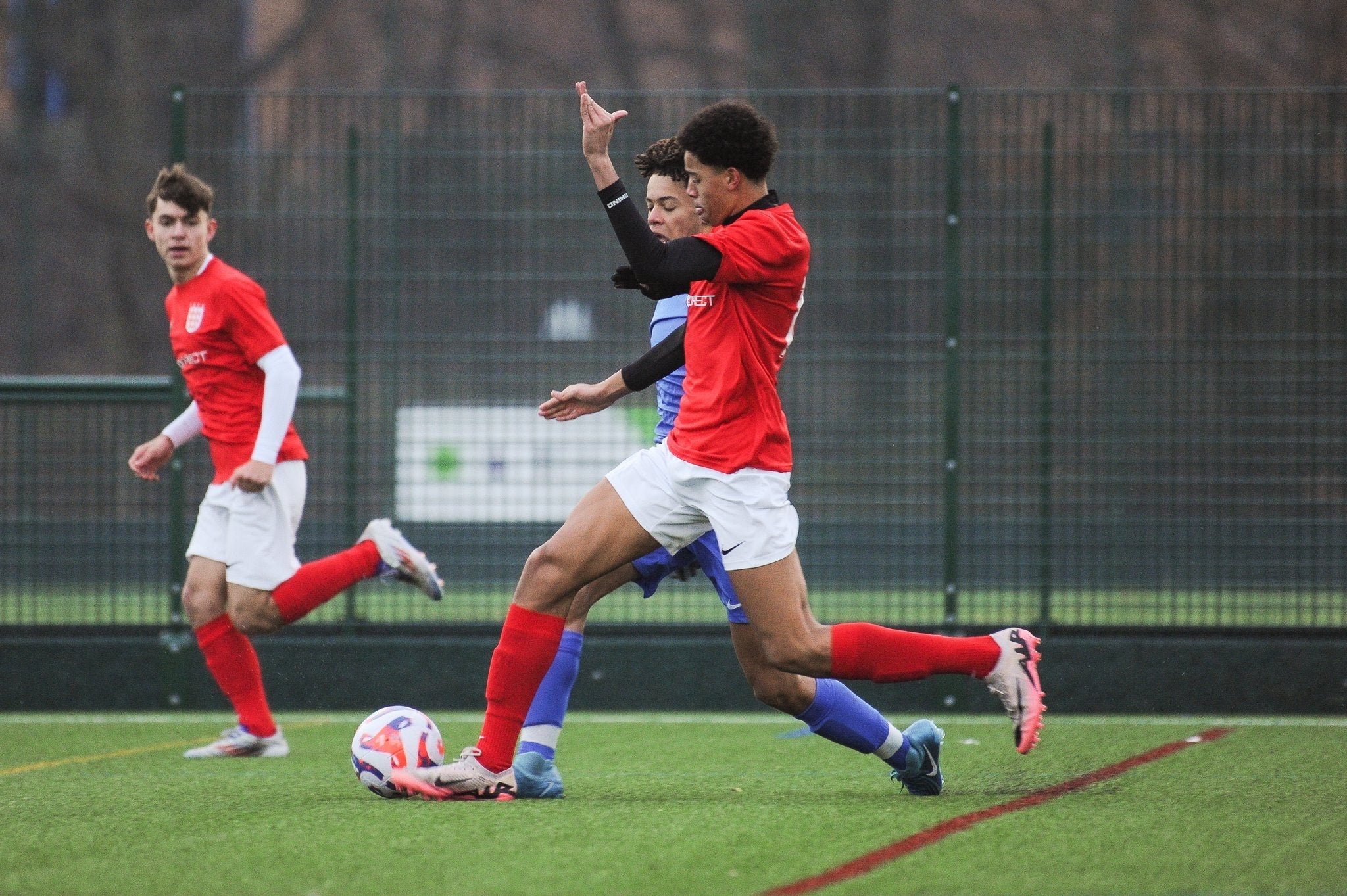Choosing a UK boarding school can feel like a high-stakes decision—especially when your child is not only academic but also highly talented in sport. For families seeking to support both educational development and athletic growth, it’s essential to find a school that embraces both. The right environment can unlock opportunities to excel on the pitch and in the classroom. The wrong one may force your child to choose between them.
At Prestige Football Schools, we specialise in placing ambitious young athletes into boarding schools that nurture their academic, athletic, and personal development. In this guide, we’ll explore what to look for in a UK boarding school for sporty children, how to balance priorities, and how to make sure your child is fully supported to thrive.
Why This Decision Matters
Children with high sporting potential have unique needs. They often train more hours than their peers, travel for competitions, and face physical and emotional demands well beyond the average school experience. Choosing a boarding school that understands and supports this journey is critical.
A sport-friendly school will:
-
Provide flexibility around training and competition schedules
-
Offer strong pastoral care to manage physical and mental demands
-
Promote academic success without compromising athletic goals
-
Help build pathways into scholarships, academies, or professional clubs
At Prestige, we’ve seen that when school, sport, and support align, young athletes not only succeed—they flourish.
Step 1: Clarify Your Child’s Goals and Personality
Before shortlisting schools, reflect on what your child needs to thrive. The right school depends not just on athletic ability, but on maturity, academic confidence, personality, and long-term ambitions.
Ask yourself:
-
Is sport a potential career path, or a personal passion to nurture alongside studies?
-
Is your child self-motivated, or do they need close support and structure?
-
Do they enjoy competition, or prefer team-building and recreational sport?
-
Are you seeking an elite academy link, or a broad-based sports offering?
You may also need to consider:
-
Learning support needs
-
Cultural integration for international students
-
Boarding preferences (full, weekly, or flexi)
If you’re unsure, our Football School Advisory Service helps families identify the best-fit environment based on detailed profiling of each child.
Step 2: Assess the School’s Sporting Infrastructure
Facilities are often the first thing parents notice—but they’re just one part of the puzzle. What matters more is how sport is embedded in the school culture.
When assessing a school’s sporting offer, explore:
-
Coaching quality: Are training sessions led by qualified, experienced coaches with a track record of athlete development?
-
Training structure: Is sport timetabled daily or weekly? Are sessions integrated with academic life or added on top?
-
Facilities: Are pitches, gyms, and recovery areas available on campus and all year round?
-
Strength & conditioning: Are there dedicated staff helping athletes build physical resilience?
-
Injury management: What happens if your child gets injured—who supports them, and how is rehab managed?
-
Competition opportunities: How often do students compete? Is it regional, national, or international level?
We support families in evaluating these areas objectively, often going beyond prospectuses to speak directly with coaches and school leads.
Step 3: Understand the School’s Football Pathways
For families where football is a top priority, it’s essential to understand how a school supports progression into academies, trials, and scholarships. Some schools offer in-house academies or are partnered with pro clubs. Others provide external training pathways through private coaching networks.
Look for:
-
Direct club partnerships (Premier League, EFL, National League)
-
Showcase events or trial opportunities supported by the school
-
Player tracking, feedback systems, or match footage recording
-
Previous student outcomes: Have players been signed, scouted, or offered scholarships?
At Prestige, we maintain partnerships with schools that offer direct access to football pathways and guide families in choosing schools that match a child’s potential, position, and development stage. Learn more about our player mentorship.
Step 4: Balance Sport and Academics
Even future professionals need strong academic foundations. Injury, selection, or personal shifts can all redirect a child’s path. Choosing a school that values education alongside sport protects their future, no matter what happens.
When comparing schools, ask:
-
Does the timetable accommodate training, matches, and recovery without compromising core subjects?
-
Are students supported during high-demand periods (e.g., tournament weeks, GCSE revision)?
-
Are there academic staff familiar with elite athlete lifestyles?
-
What are the school’s exam results and university destinations?
Some schools offer flexible pathways for sports scholars, including:
-
Reduced subject loads for athletes with professional training schedules
-
Coursework over exams in some subjects (e.g., BTEC Sport)
-
Access to learning support and tutoring when students miss lessons
Through our academic and admissions guidance, we ensure families don’t have to compromise on either sport or education.
Step 5: Evaluate Pastoral Care and Lifestyle
Sporty children are often under more physical and emotional strain than their peers. Whether it’s pressure to perform, homesickness, or balancing fatigue, good pastoral care is essential to their overall wellbeing.
Key questions to ask include:
-
How does the school monitor student wellbeing?
-
Are houseparents trained to support high-performing athletes?
-
What happens if a student feels overwhelmed or loses motivation?
-
Are there mental health services or access to sports psychologists?
Also explore the boarding experience:
-
What’s the daily routine like for student-athletes?
-
Are rooms shared or single?
-
Is there time for rest, socialising, or hobbies beyond sport?
Children need more than discipline—they need space to grow, recover, and enjoy their teenage years. Schools that offer structured support and freedom often see the best long-term outcomes.
Step 6: Think Long-Term: Scholarships, Careers, and Pathways
For many sporty students, boarding school is the beginning—not the destination. Look for schools that help students think beyond today’s training session and prepare for university, scholarships, or future careers.
Ask:
-
What support is provided for university applications?
-
Are football scholarships to the US or UK available?
-
Do coaches and tutors help students build athletic CVs and portfolios?
-
Are there alumni stories of success in football, coaching, or sports science?
Some families also explore dual-career pathways, where students can gain coaching qualifications, refereeing badges, or strength & conditioning experience alongside school. Our career and scholarship guidance helps build a full roadmap for students beyond school.
Final Thoughts: The Right Fit Makes All the Difference
Choosing a UK boarding school for your sporty child is about more than ambition—it’s about alignment. The best outcomes happen when a student is in an environment that challenges, supports, and inspires them to be their best self, both on and off the pitch.
At Prestige Football Schools, we take a tailored, personal approach. We don’t just place students—we mentor them, support them, and help them grow into confident young people ready for whatever comes next.
If you’re looking for the right school to support your child’s sporting and academic development, contact our team to start a conversation. We’re here to help you every step of the way.
Useful External Resources:



